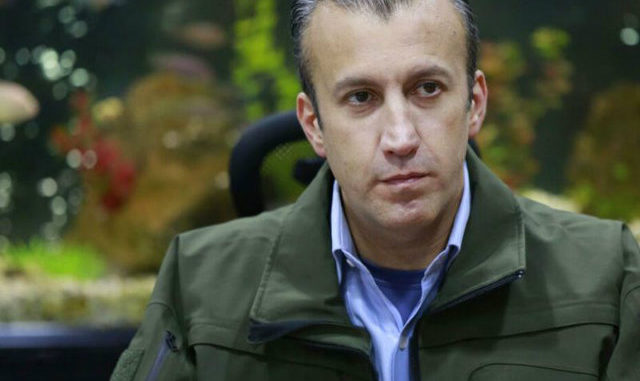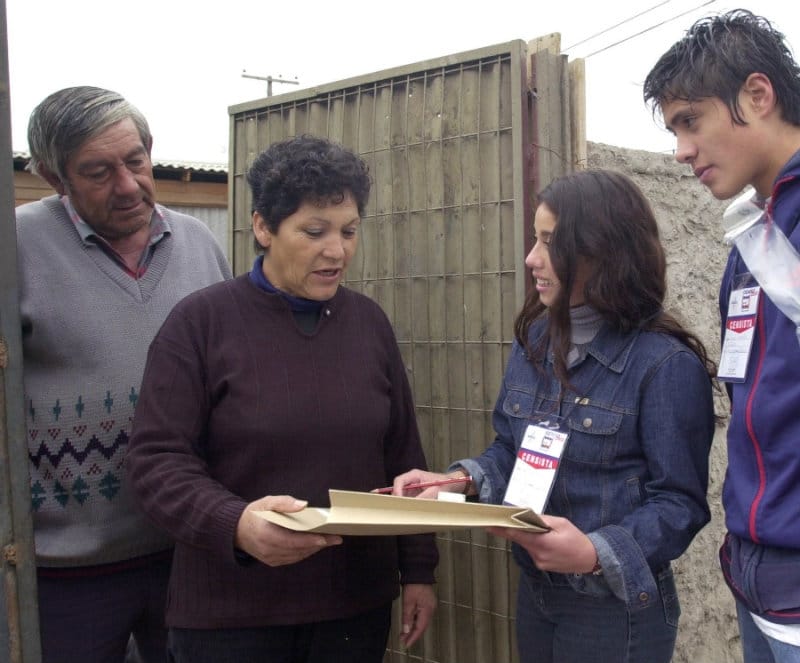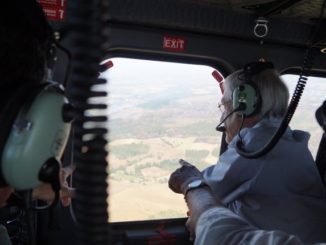
CARACAS- Venezuela hosted a brief meeting of creditors on Monday as the struggling yet oil-rich country sought to stave off a default seen as inevitable by experts, while the E.U. stepped up the pressure with new sanctions on Caracas.
However, the 25-minute closed-door gathering in a government building across from the presidential palace ended with no agreement and no plan broached, several participants said. Another meeting was promised, but no date was given.
Vice President Tareck El Aissami chaired the meeting, during which he read a statement blaming U.S. sanctions for delays to Venezuela’s debt repayments. His presence was problematic for some, as the U.S. has designated him a drug kingpin with whom U.S. entities are barred from dealing.
“They said they are going to form working groups to evaluate short- and mid-term debt-renegotiation proposals,” Geronimo Mansutti, from the Rendivalores brokerage revealed.
“But they didn’t give any concrete details on their plans, on what they hope to get.” He said there had been around 300 investors or their representatives at the meeting.
Venezuelan authorities had said 414 creditors representing 91% of its traded debt had responded to President Nicolas Maduro’s invitation to attend.
Maduro said early this month he was seeking a refinancing and restructuring of Venezuela’s debt, which is estimated at US$150 billion, including bonds issued by the government and state oil company PDVSA as well as direct loans from China and Russia. The country has less than US$10 billion left in hard-currency reserves.
About 70% of Venezuelan bondholders are North American, according to government figures. Major credit rating agencies say that default on Venezuela’s debt will happen, though they don’t know precisely when. The country has repayments of U.S.$1.4 billion to make before the end of the year, and another US$8 billion next year.
Venezuelan economist Luis Vicente Leon said Maduro called the creditors’ meeting to try to get them to pressure the US government to allow a re-structuring to go ahead, despite a ban on US entities buying new Venezuelan debt.
A committee of the International Swaps and Derivatives Association (ISDA) is already weighing whether holders of PDVSA debt with default insurance — credit default swaps — can collect payment. The Maduro government had said it would make a U.S.$1.2 billion payment on a PDVSA bond on November 2, but it was unclear if the funds ever reached creditors.
A default can be declared in several ways: by the major rating agencies, big debt-holders or by the government itself.–MercoPress



